The question of whether the universe exists if we're not looking at it is one that has puzzled scientists and philosophers for centuries. At the heart of this debate is the concept of observation and the role it plays in our understanding of the universe.
Schrödinger's cat
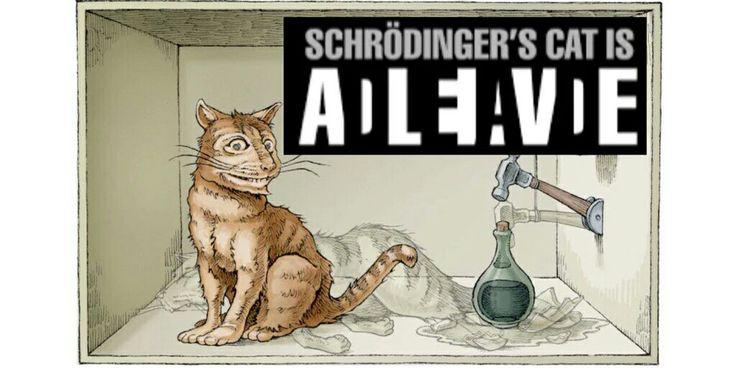
One of the most famous thought experiments related to this question is Schrödinger's cat, which was proposed by physicist Erwin Schrödinger in 1935. In this experiment, a cat is placed in a sealed box with a vial of poison that will be released if a radioactive atom decays. The decay of the atom is a quantum event that is governed by probabilities rather than certainties. Therefore, until the box is opened and the cat is observed, it is both alive and dead at the same time, in a state of superposition.
At a fundamental level, the concept of superposition implies that objects do not exist in definite states until they are observed. This has led some scientists to propose that the act of observation itself is what brings the universe into existence.
However, not all scientists agree with this interpretation. Physicist John Wheeler believed that the act of observation played a key role in the universe, but he did not believe that it was necessary for the universe to exist. Wheeler believed that the universe existed independent of observation and that it was only through the act of observation that we could gain knowledge about it.
The measurement problem in quantum mechanics
Another important concept related to this question is the measurement problem in quantum mechanics. This problem arises because the act of measurement in quantum mechanics appears to collapse the wave function of a particle and force it into a definite state. This implies that the act of measurement itself is what determines the state of a particle, which raises questions about the nature of reality.
The double-slit experiment
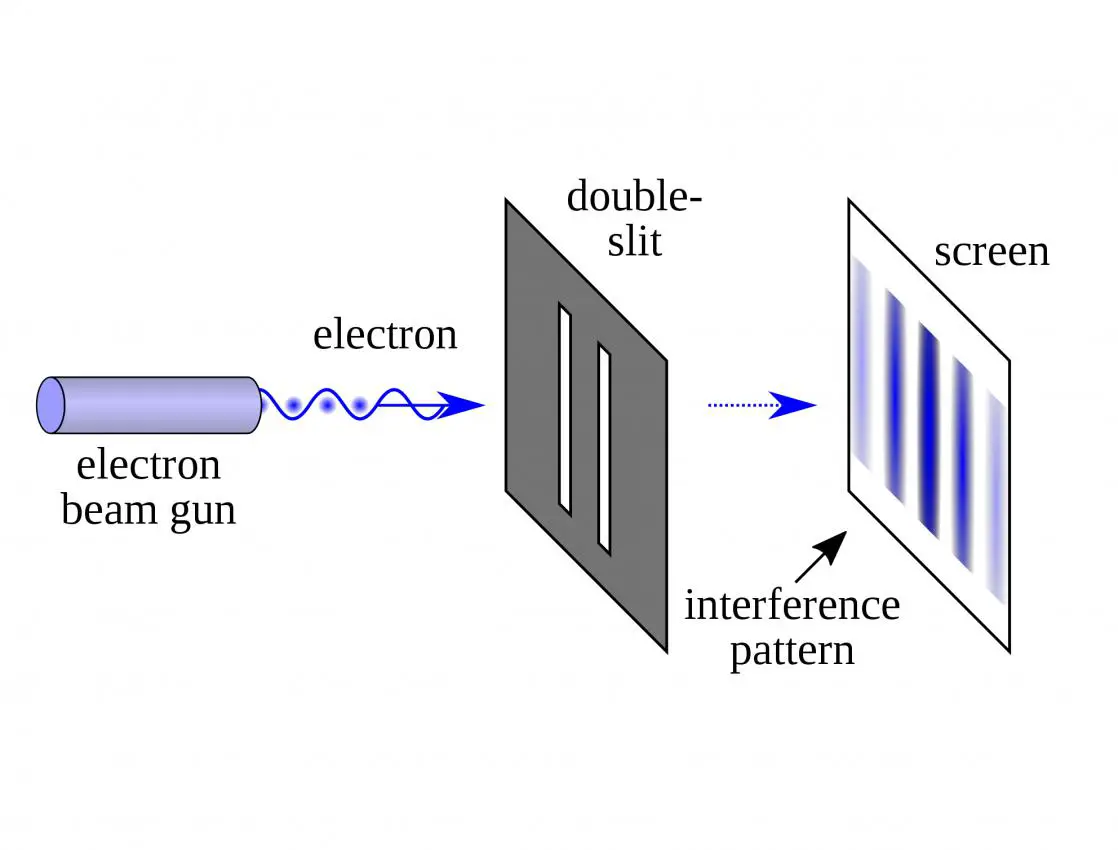
The concept of observation affecting reality is most commonly associated with the double-slit experiment. In this experiment, a beam of particles, such as electrons, is fired at a screen with two slits in it. On the other side of the screen, a detector records where the particles land. Surprisingly, when the particles are not being observed, they behave like waves, creating an interference pattern on the detector screen. But when they are observed, they behave like particles, landing in distinct spots on the screen. This phenomenon is known as wave-particle duality and has led to many interpretations and debates about the nature of reality and the role of observation in shaping it. Some argue that the results of the double-slit experiment suggest that the universe only exists in a state of potentiality until it is observed, while others maintain that the act of observation merely affects our perception of reality, rather than creating it.
What physicists Think?
"The universe does not exist 'out there,' independent of us. We are inescapably involved in bringing about that which appears to be happening. We are not only observers. We are participators."
"The world is given to me only once, not one existing and one perceived. Subject and object are only one."
"It is not that the observer interferes with the observed, it is that the observer creates the observed."
"We make the universe by observing it."
"The universe is not simply a physical machine that runs on its own, but rather it is a participatory universe in which the observer plays a crucial role."
"According to the Heisenberg principle, the more precisely the position is known, the less precisely the momentum is known, and vice versa. But we can never observe only the position or only the momentum. We always observe both at the same time. And there's another aspect of it that's even more profound than that. What we observe is not nature itself, but nature exposed to our method of questioning. Our scientific work in physics consists in asking questions about nature in the language that we possess and trying to get an answer from experiment by the means that are at our disposal. In this way, we impose our own order upon nature."
Despite these debates, most scientists today believe that the universe exists independent of observation. This is supported by the fact that the universe has existed for billions of years before the evolution of conscious beings capable of observation. Additionally, many experiments in quantum mechanics have shown that particles have definite properties even when they are not being observed.
In conclusion, the question of whether the universe exists if we're not looking at it is a complex one that is still being debated by scientists and philosophers. While some believe that observation is necessary for the universe to exist, most believe that the universe exists independent of observation. Nevertheless, this question has played an important role in shaping our understanding of the nature of reality and the role of observation in science.
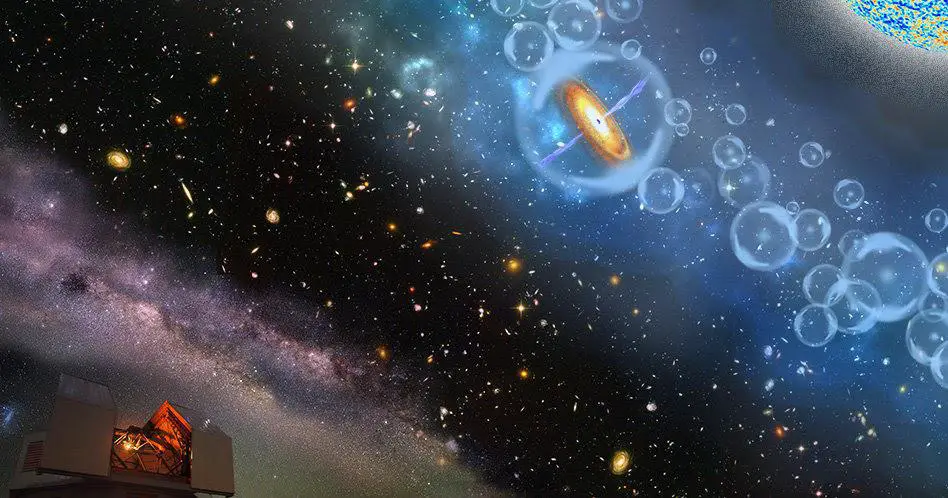
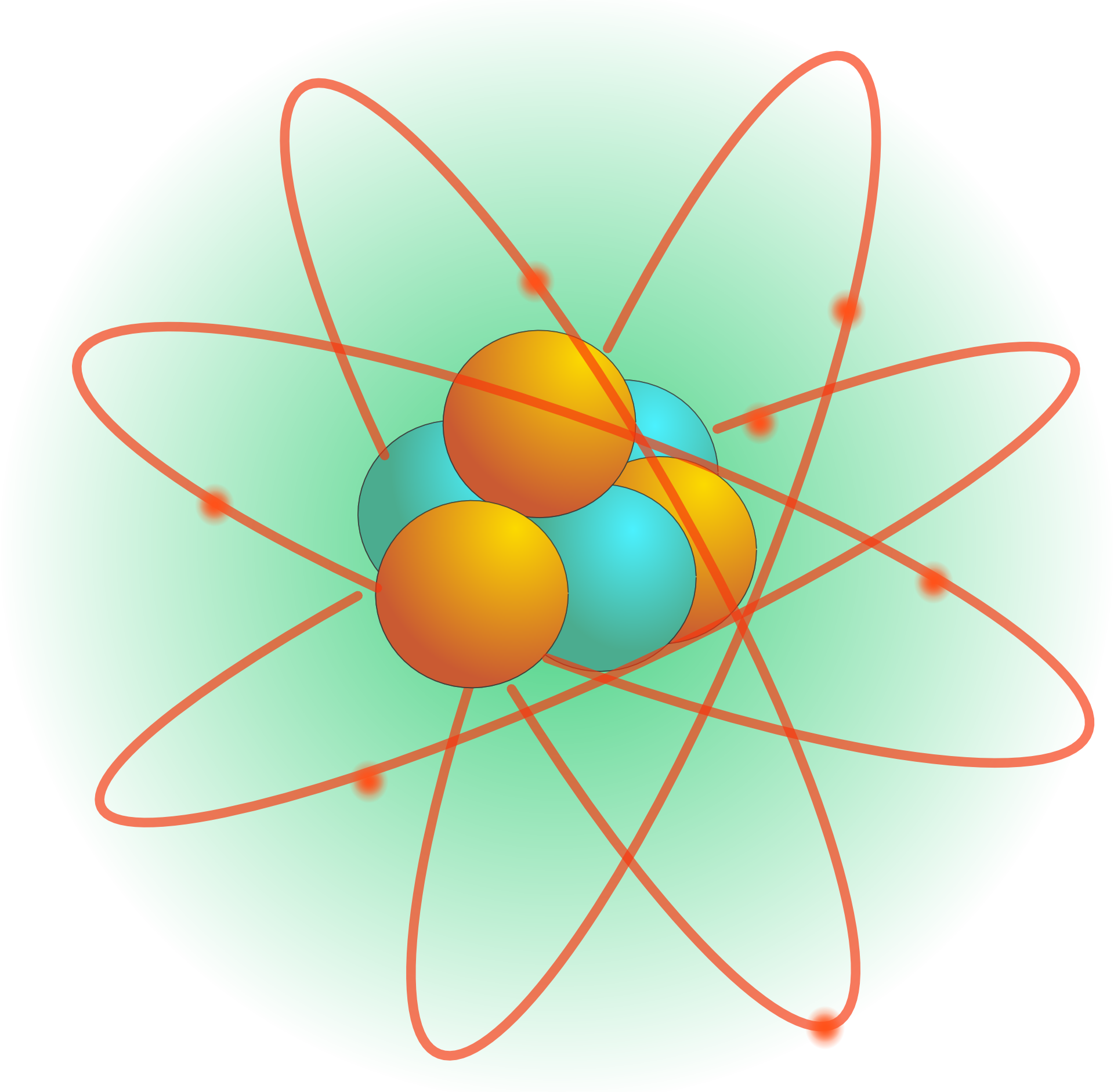
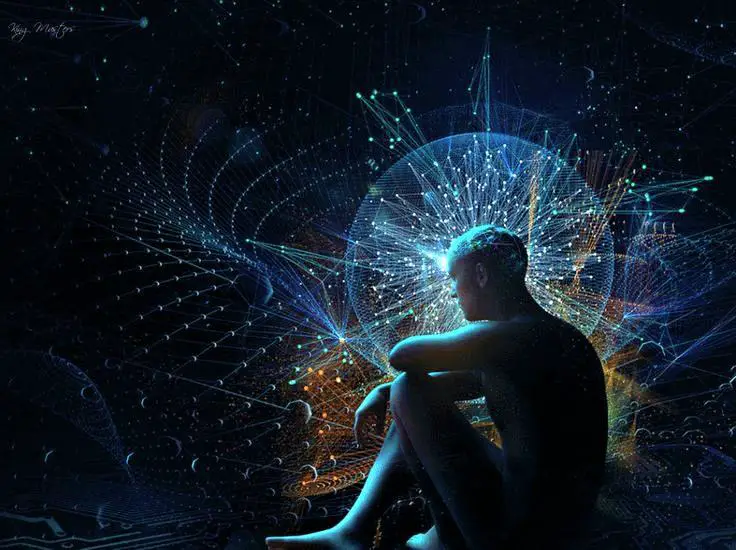
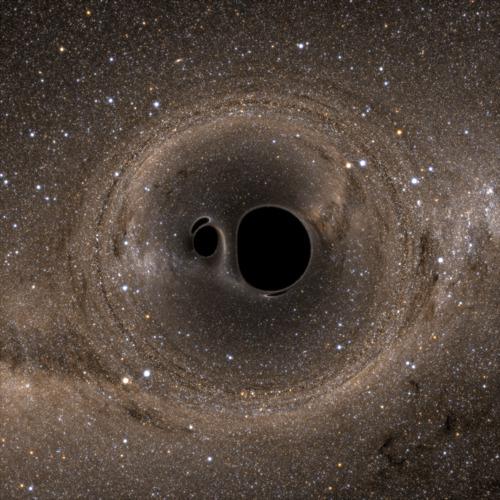

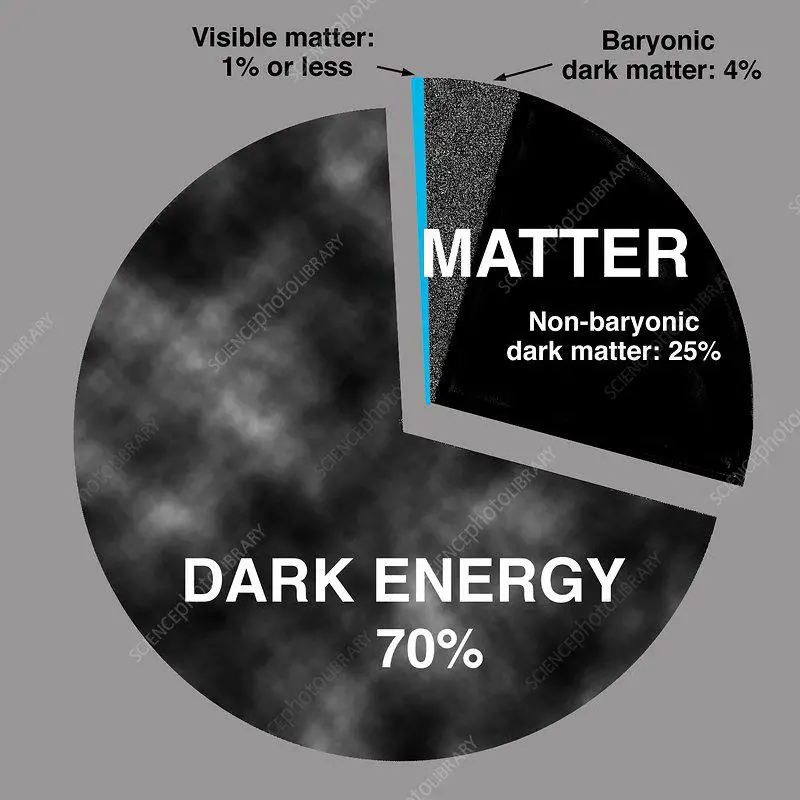
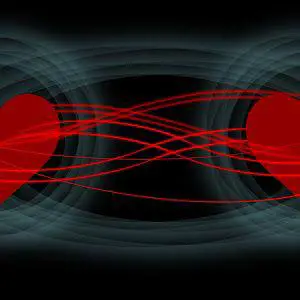



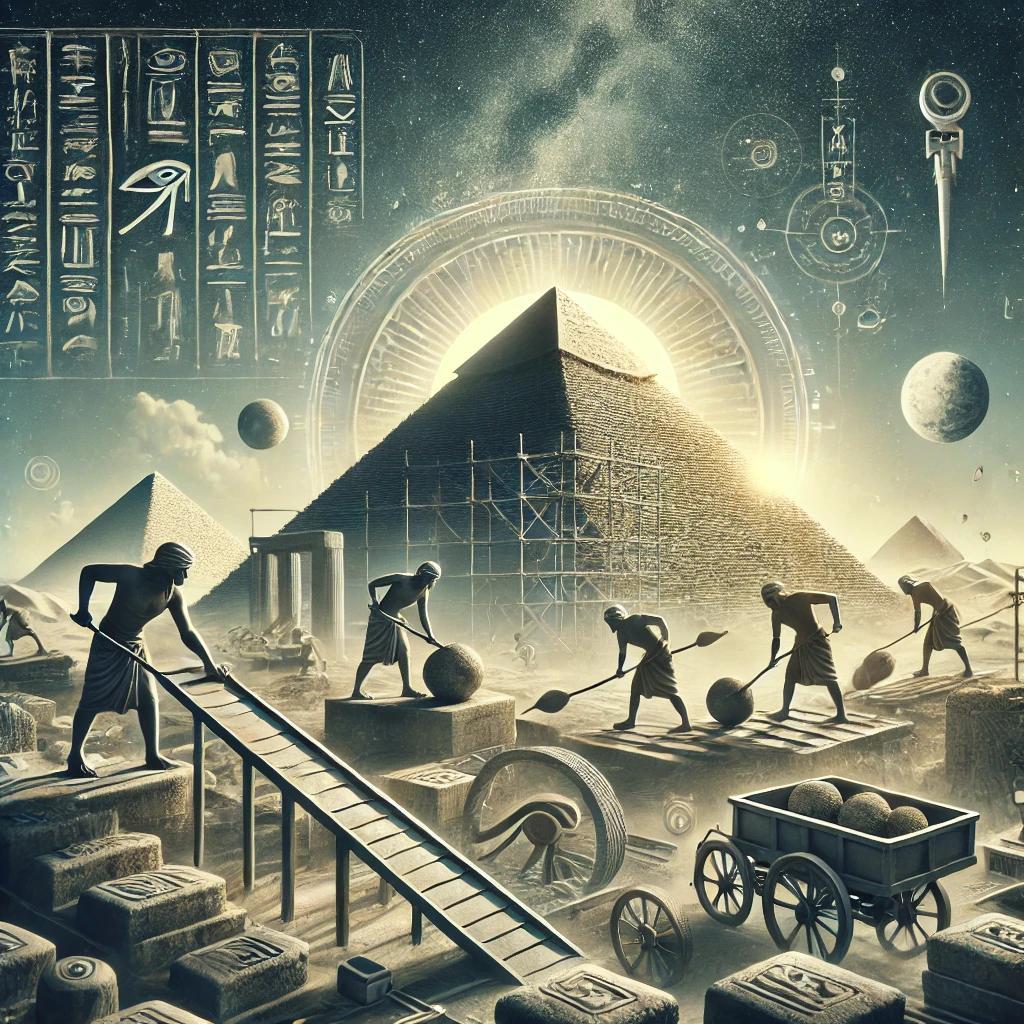
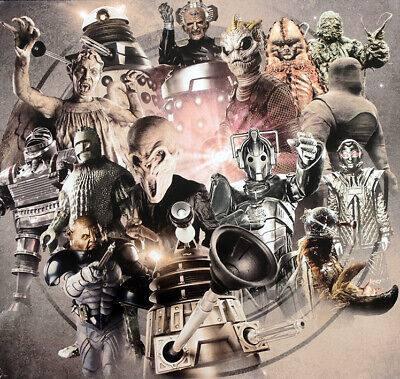




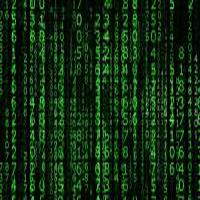




0 Comments, latest
No comments.